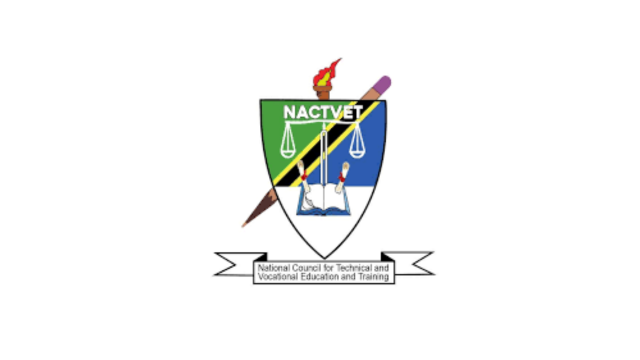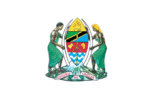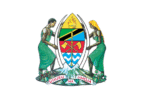Welcome to our website, Faizaforum.com presents the official list of health-related courses offered at the Ordinary Diploma level in Tanzania. This guide includes available programs, admission requirements, and training institutions recognized by the Ministry of Health.
Health professions refer to a broad range of careers that focus on maintaining and improving people’s health and well-being. These professions include doctors, nurses, environmental health practitioner, pharmacists, dentists, physical therapists, medical lab technicians, and many others. Each plays a vital role in the healthcare system by diagnosing, treating, preventing illness, or supporting patient care in various ways.
The health profession field requires specialized education and training. Most health professionals must complete formal education, hands-on clinical experience, and pass licensing exams to practice. For example, doctors attend medical school, while nurses go through nursing programs and clinical training. These rigorous processes ensure that health professionals are skilled, ethical, and prepared to provide safe, effective care.
Health professionals not only work in hospitals and clinics but also in public health organizations, research labs, schools, and even in communities, educating people on health and wellness. As the demand for quality healthcare grows globally, health professions continue to expand, offering meaningful career opportunities for those passionate about helping others and making a difference in people’s lives.
Courses and Requirements
In Tanzania, Ordinary Diploma programs in health-related fields offer practical and career-ready training for students who have completed their secondary education (Form Four). These programs are offered in accredited public and private health training institutions under the supervision of bodies like the National Council for Technical Education (NACTE) and the Ministry of Health. They are typically 3 years in duration and prepare graduates to work in hospitals, clinics, labs, and community health centers.
Some of the most common health diploma courses in Tanzania include:
- Diploma in Clinical Medicine (to become a Clinical Officer)
- Diploma in Nursing and Midwifery
- Diploma in Pharmaceutical Sciences
- Diploma in Medical Laboratory Sciences
- Diploma in Environmental Health Sciences
- Diploma in Health Records and Information Technology
- Diploma in Diagnostic Radiography
- Diploma in Community Health
- Diploma in Oral and Dental Therapist
- Diploma in Mealth Management Information System
- Diploma in Physiotherapy
To qualify for these diploma programs, the basic entry requirement is usually a Certificate of Secondary Education Examination (CSEE) with a minimum of four passes (D or above) in science subjects such as Biology, Chemistry, Physics/Mathematics, and sometimes English. Some programs may have additional requirements like specific grades in Biology and Chemistry, depending on the competitiveness and nature of the course.
READ ALSO: A List of Health Universities That Offer Undergraduate and Postgraduate Programs






